Are you considering taking on a more active role in your community? Nominating individuals to your non-profit board is a crucial step in ensuring the mission is fulfilled by passionate and skilled leaders. It's an exciting opportunity to not only make a difference but also to inspire others to join the cause. Join us as we explore the essential elements of crafting a compelling nomination letter to attract the right candidates!

Candidate's qualifications and relevant experience
A candidate for a non-profit board position should possess a robust background in community service, relevant professional expertise, and a commitment to the organization's mission. For instance, a Master's degree in Non-Profit Management from a reputable university such as Columbia University provides foundational knowledge of governance and fund development. Experience as a program director in a local charity can demonstrate proficiency in strategic planning and program evaluation, showcasing the ability to lead initiatives that align with community needs. Volunteering experience with organizations like Habitat for Humanity can further highlight dedication to service and understanding of operational challenges faced by non-profits. Active participation in community forums and advocacy groups emphasizes leadership skills and the ability to engage diverse stakeholder perspectives, making the candidate well-suited to contribute effectively to board governance.
Alignment with organization's mission and values
The alignment of potential board members with the mission and values of a non-profit organization is crucial for effective governance and achieving strategic objectives. Each candidate's dedication to community service and commitment to the organization's core values, such as integrity, empathy, and transparency, should be evident. A prospective board member's background in relevant sectors, such as social justice, environmental sustainability, or education, can enhance the board's capability to advance initiatives. For instance, individuals with experience in fundraising or volunteer coordination may directly contribute to financial stability and community engagement. Additionally, familiarity with the organization's specific goals, such as improving literacy rates or providing healthcare access, strengthens the potential for collaborative efforts, fostering a shared vision for impact in the community. This cohesive alignment not only helps guide decision-making but also inspires collective action towards fulfilling the organization's purpose.
Specific leadership and teamwork skills
Leadership skills are crucial for effective governance within non-profit organizations, particularly for a board considering diverse community needs. Proven experience in strategic planning (defining long-term goals and direction) enables board members to guide the organization toward its mission. Additionally, strong communication abilities (exemplified by clear articulation of purposes and goals) foster collaboration among stakeholders, ensuring transparency and trust. Teamwork skills, specifically the capacity to work in a group setting (cultivating a supportive environment), enhance problem-solving capabilities, facilitating diverse perspectives in decision-making processes. Board members must also possess conflict resolution skills, necessary for navigating disagreements and fostering harmony in discussions.
Commitment to time and responsibilities
A non-profit board member's commitment involves significant time and responsibilities that ensure effective governance and strategic direction. Typically, board members dedicate at least 8 to 12 hours monthly to attend meetings, participate in committee work, and engage with community initiatives. Responsibilities include reviewing financial reports, contributing to fundraising efforts, and advocating for the organization's mission, such as supporting underserved populations in local communities. Board members may also have to participate in annual retreats and community outreach events, which often require additional time and engagement. Understanding and fulfilling these commitments is crucial for the sustainability and growth of the organization, particularly in maintaining accountability and transparency before stakeholders and donors.
Personal dedication and passion for the cause
Personal dedication to wildlife conservation underpins my commitment as a nominee for the board of the Green Earth Initiative, a non-profit organization focused on preserving endangered species and their habitats. With over 10 years of volunteer experience at various wildlife reserves in regions such as Kenya and Costa Rica, I have witnessed firsthand the devastating effects of habitat destruction and poaching on biodiversity. My background in environmental science, complemented by a Master's degree from Stanford University, equips me with the knowledge to contribute effectively to strategic initiatives aimed at protecting endangered species. Passion drives my involvement in advocacy efforts, including organizing community awareness programs that have engaged over 5,000 individuals in sustainable practices. Direct interactions with local communities in areas like the Amazon rainforest have reinforced my belief in collaborative approaches to conservation, ensuring both ecological preservation and community development. I am committed to leveraging my experience to support the mission of the Green Earth Initiative and to drive impactful solutions that enhance our shared world.

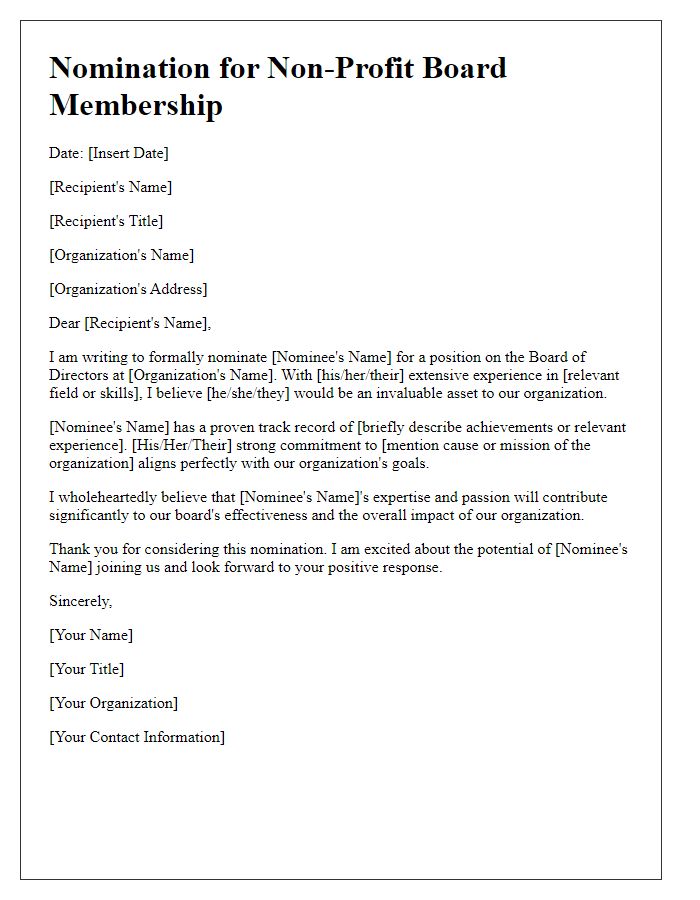
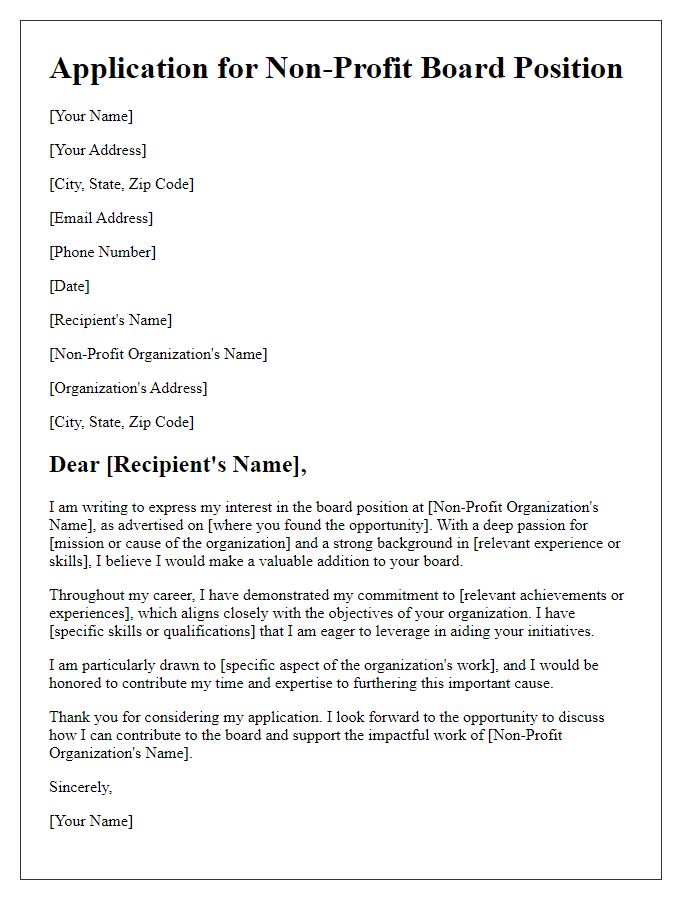
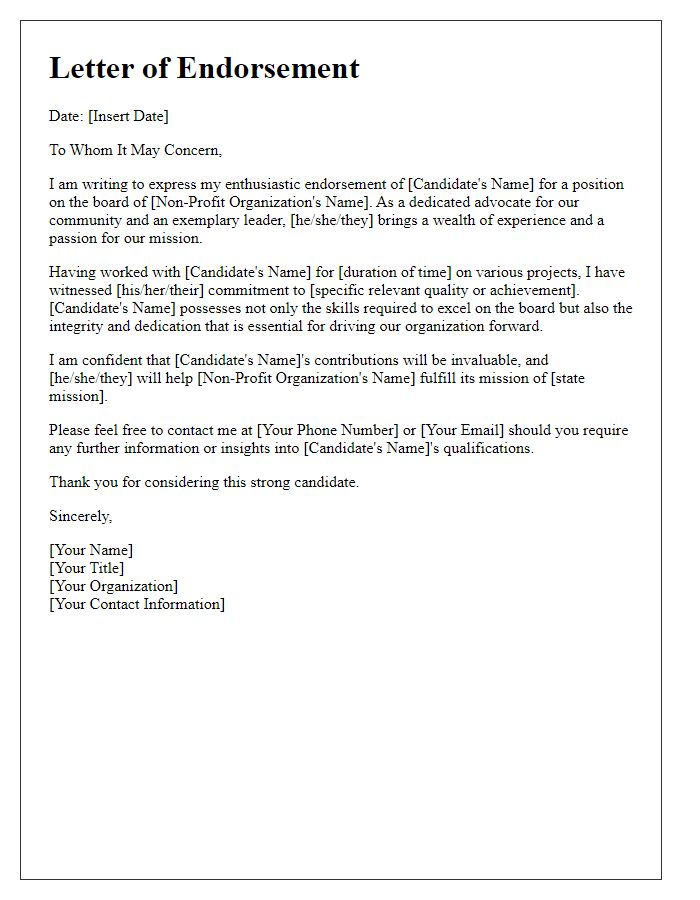
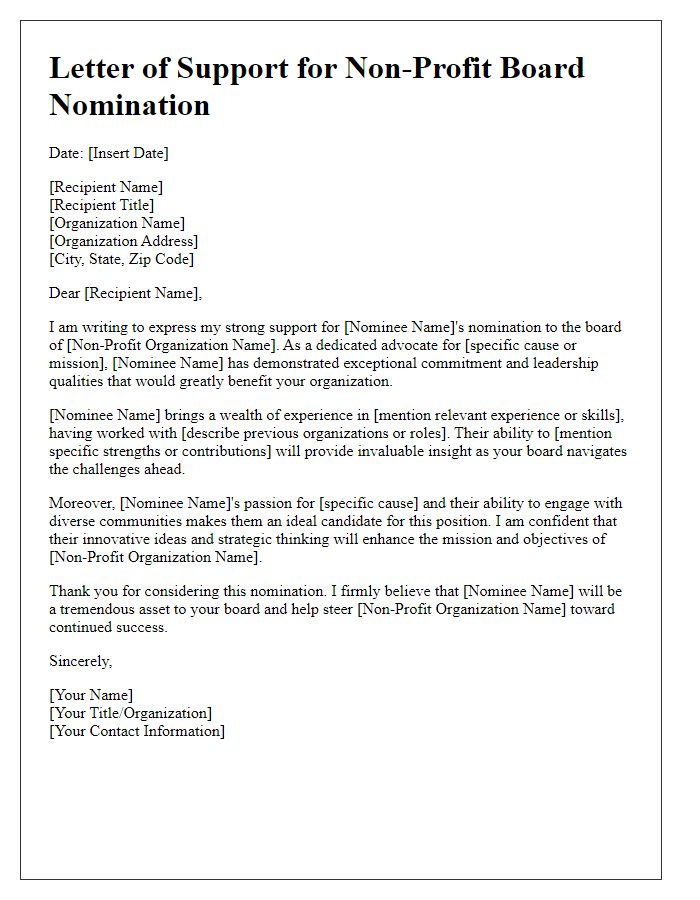
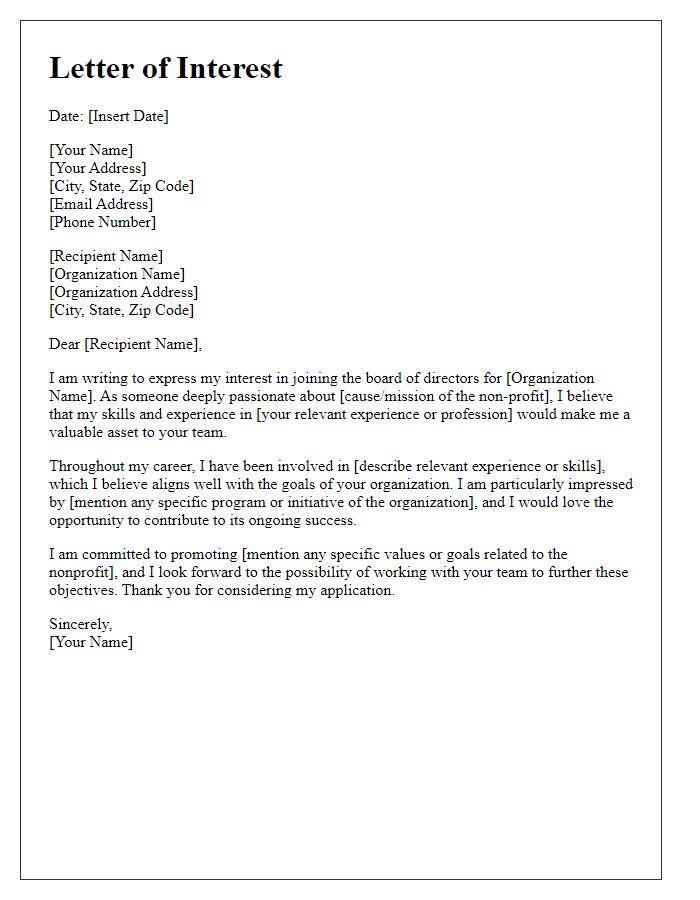
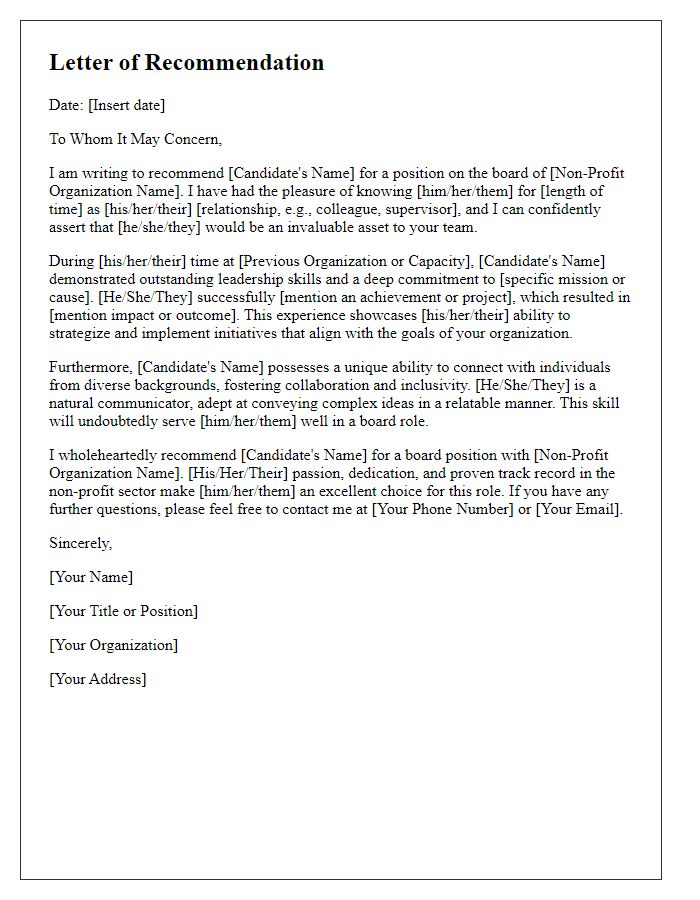
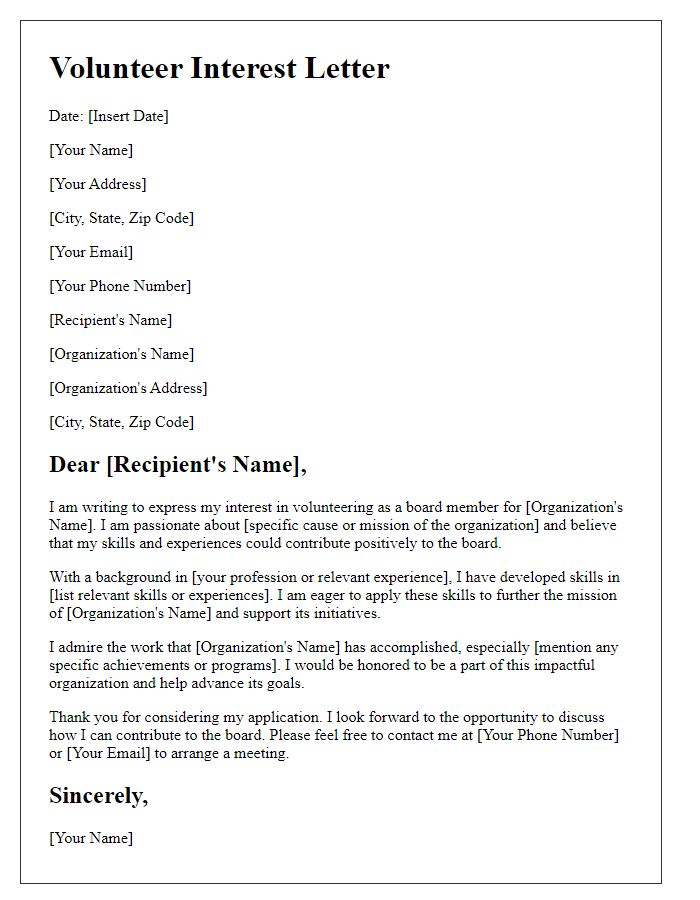
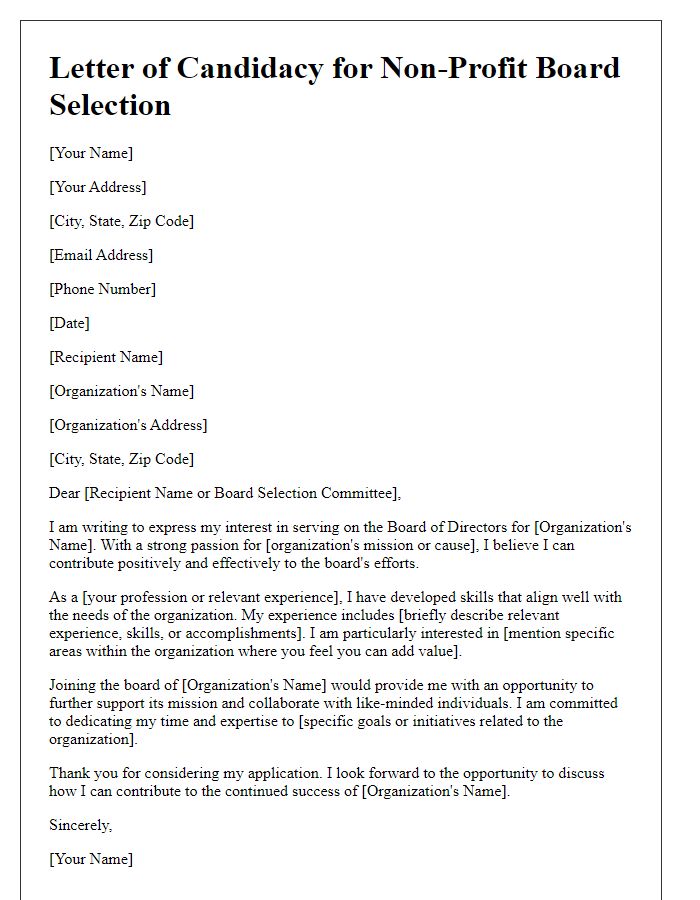
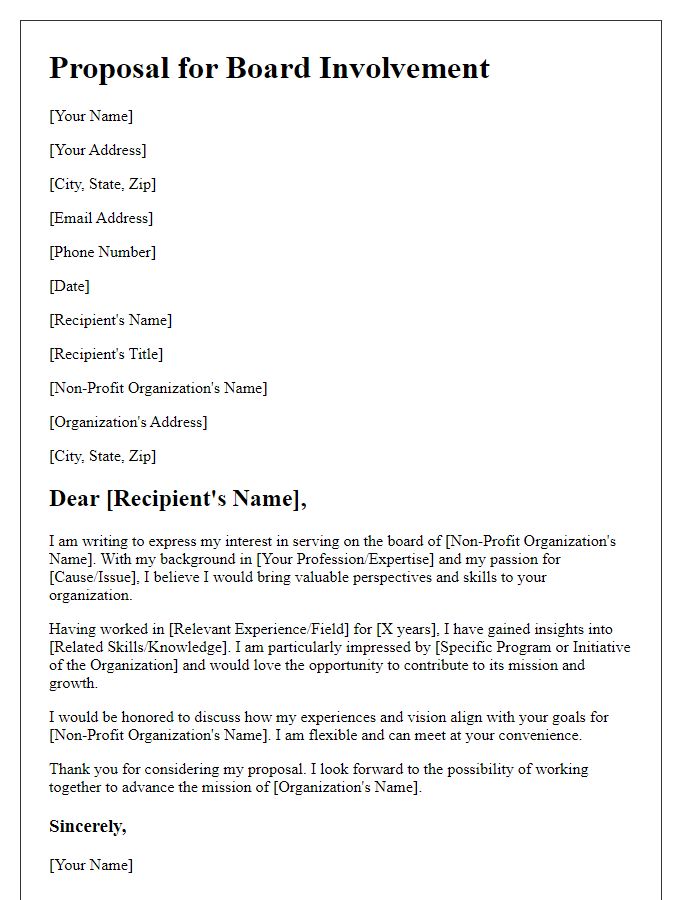
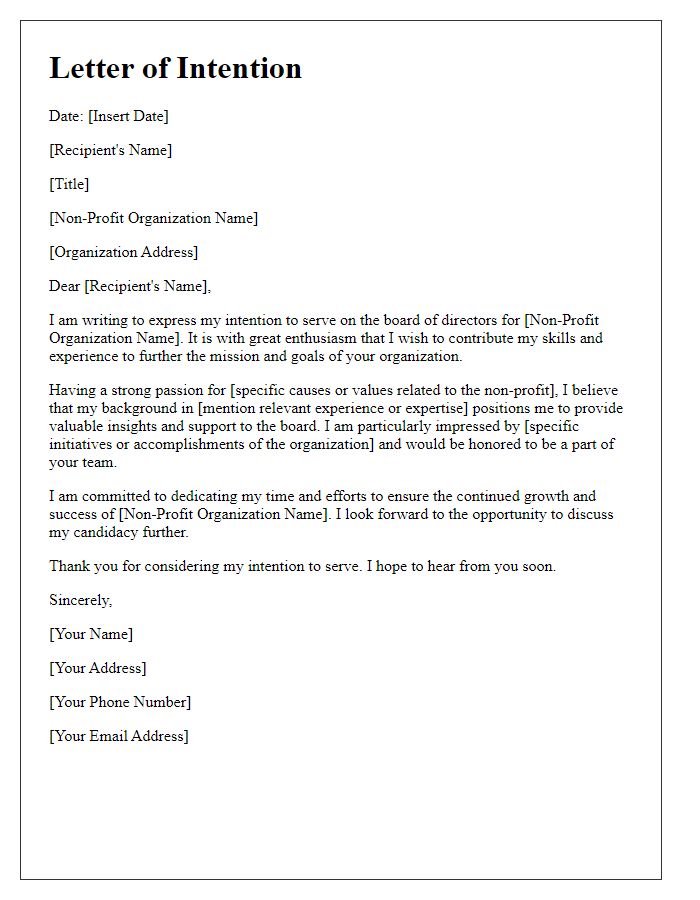


Comments